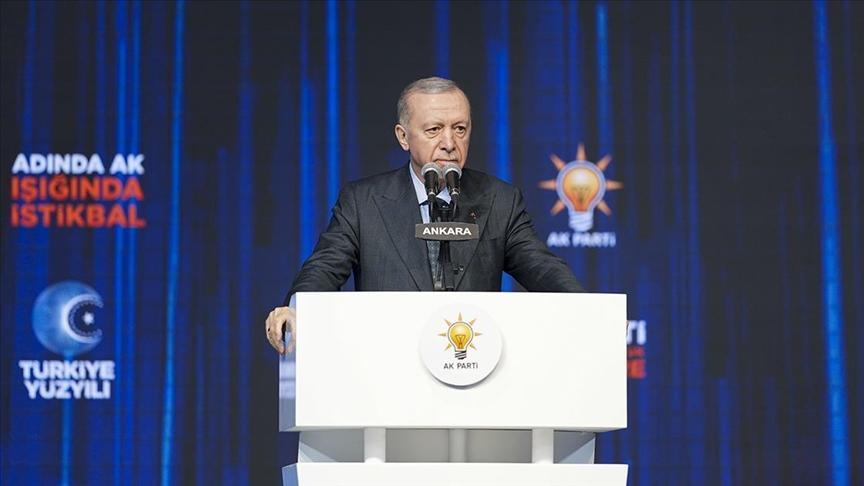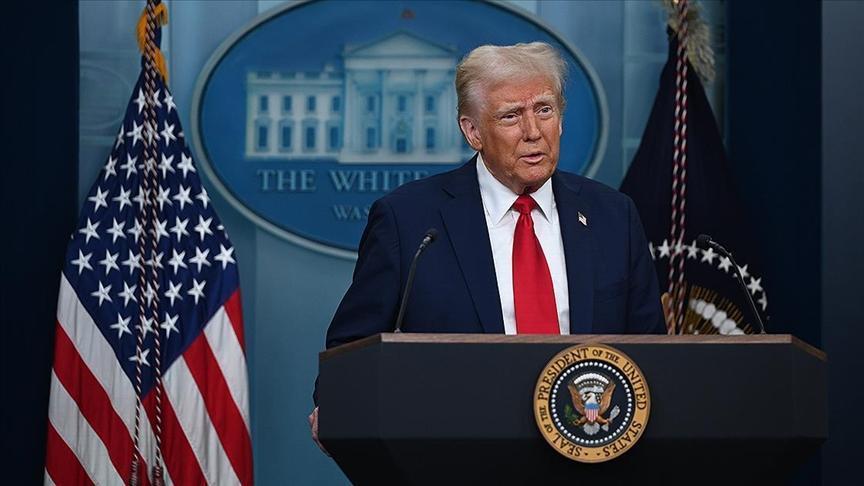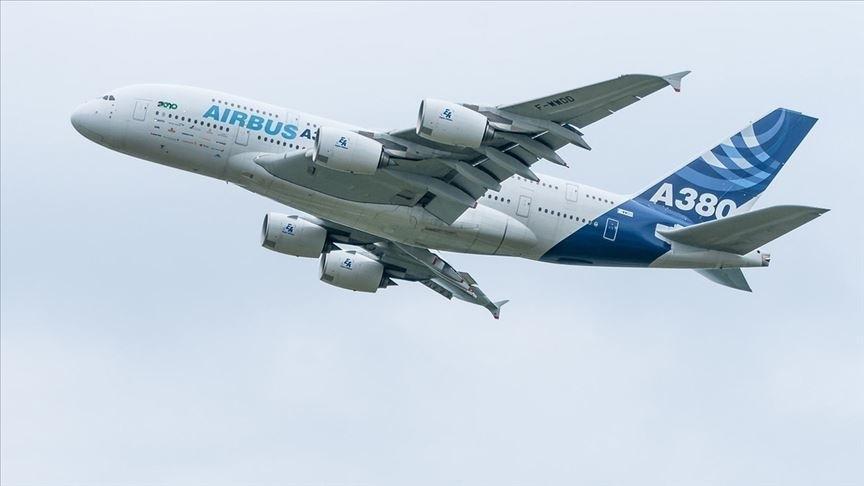Turkey’s biggest export: TV dramas
Emrah Güler

Turkish actress Tuba Büyüküstün has become one of the most popular TV faces in the Middle East.
A recent poll showed Turkish actress Tuba Büyüküstün to be one of the most popular names in the Arab world, and her bootleg Barbie dolls have become collectors’ items in Russia. A familiar name on TV screens in Turkey for over a decade, Büyüküstün has won awards from Serbia and Montenegro to Monte-Carlo. Her popular TV drama “Asi” has been screened in 67 countries.Büyüküstün recently made a live appearance on MBC, Saudi media tycoon Sheik Waleed al-Ibrahim’s Dubai-based pan-Arab television network. A widely known rumor is that the emir of Qatar, Sheikh Tamim bin Hamad al-Thani is one of her biggest fans, and now she has been shortlisted for the Best Actress award at this year’s International Emmys.
In just over a decade, Turkish television dramas have become a cultural phenomenon, both in Turkey and in as many as 40 countries, economically crucial and an indisputable soft power tool in the face of changing dynamics in global politics. The productions are becoming bigger, with ensemble casts, high-priced global stars, gaudy costumes and set decorations. And the stories? Well, they continue to be melodramatic, repetitive, and often polarizing.
The Culture and Tourism Ministry’s numbers show how television dramas have become a powerhouse over the last decade. Over 15,000 hours of television drama have been sold over the past two years to 75 countries, bringing in an income of nearly $200 million. In 2007, that number was merely $1 million, while the projected income for the year 2023 is $1 billion.
Nearly 100 Turkish TV series have crossed borders to the Middle East, the Balkans, the Caucasus, the Arab world, and even to Afghanistan, Pakistan and Sweden. Old and new favorites like “Yaprak Dökümü” (Fallen Leaves), “Bir Istanbul Masalı” (An Istanbul Tale), “Annem” (Mother), “Gümüş” (Silver, or “Noor” in the Arab market) and “Kurtlar Vadisi” (Valley of the Wolves) have found their way into primetime TV in countries as diverse as Iraq, Iran, Egypt, Bulgaria, Greece, Macedonia, Russia and Kazakhstan.
The new face of telenovelas
In 2012, Macedonia flirted with a law restricting the broadcast of Turkish dramas. “They’re all fascinating, but to stay under Turkish servitude for 500 years is enough,” said Macedonian Minister of Information Society Ivo Ivanovski at the time. In a survey carried out by the Turkish Economic and Social Studies Foundation (TESEV) in 16 Middle East countries, three out four people have now seen a Turkish television drama.
While a few of the dramas portray a more realistic picture of Turkey’s middle classes and their lives, nearly all of the popular dramas pose a strikingly close resemblance to Latin soap operas and telenovelas that were once, in the 1980s, the crowns of Turkey’s popular culture. Turkish television dramas often juxtapose the lives of glamor in Istanbul’s big mansions and the feudal oppression of rural lives. They feature dangerous love stories and power games with all the classic archetypes of a soap opera.
The distinct class differences in most of these dramas are clear-cut, often fantasized accounts of class differences that are far from reality. The rich are obscenely rich with dubious morals, while the poor are often honorable with strong morals. The stories often take place in the world of the rich, with mansions, cars, clothes, and parties taking center stage - things that are otherwise invisible to the eyes of the so-called “99 percent.”
For viewers outside Turkey, these television dramas definitely serve to boost the tourism attraction for the country, and especially Istanbul.
“I love the Turkish series because they are so romantic, and because of their amazing nature – the sea and the mountains. I think this kind of nature attracts people to go and visit Turkey,” says Merna Hossam, an Egyptian social media specialist, in a piece on the news site, yourmiddleeast.com. “Also they have clean places and clean buildings, watching the Turkish series in general gives me a feeling of calm and comfort.”
Researcher Mohamed Zayed attributes the invasion and the immense popularity of the Turkish series in the Arab world to a dramatic void. One of Zayed’s interviewees, Dalia Ahmed, says of her fascination with Turkish dramas: “I was attracted to the series because they have different plots, the sceneries are stupendous and the music is out of this world. They present many songs of their heritage, to the point where we use these songs as ring tones for our phones. The acting performances are so good and the good looks of their leading characters are a plus too.”
Judging by the increasing popularity of Turkey’s TV actors across borders, the good looks definitely seem to be a plus.
















